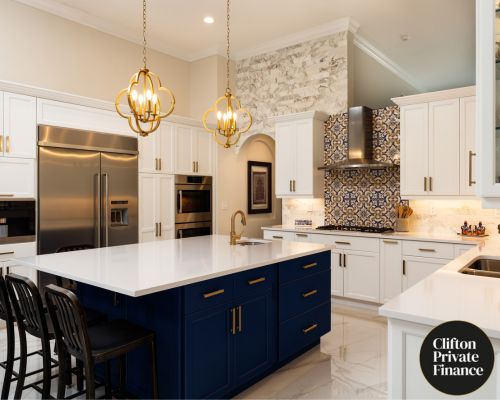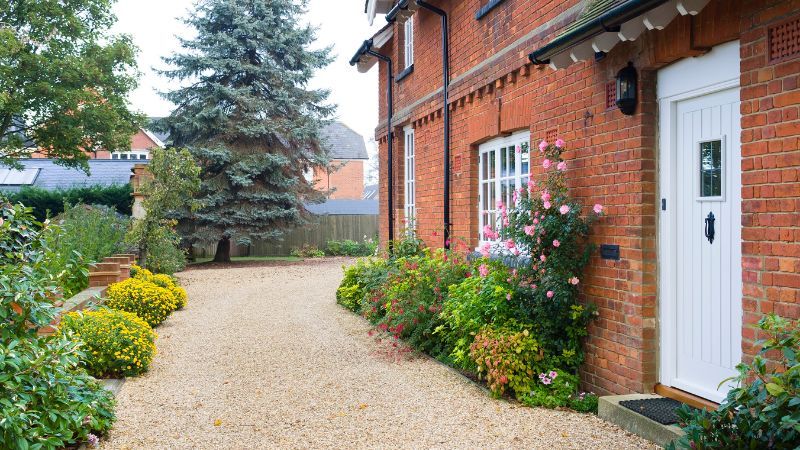Categories
Can I get a second charge mortgage if I’m self-employed?

You’ve seen the ads: apparently you’re "asset rich, cash poor" if you’re a homeowner who’s strapped for cash. And you can get a loan arranged quickly, secured against the value of your house. Sounds good.
You want to do a loft conversion that’s going to add value to your home. Or it really is time to replace the car.
Or you’re paying a ridiculous amount of interest on your credit cards (8 to 30% APR?).
If you could get that borrowing on a 3 to 6% second-charge mortgage interest rate, that’s looking pretty attractive.
What IS a second charge loan
So what is a second charge mortgage– or loan? (Or a "homeowner loan", or a "secured loan" – they’re all the same thing.) And can you get one?
This kind of finance may be referred to as a "loan" because that sounds quick and flexible. And everyone’s memory of arranging a mortgage is that it was painfully slow and bureaucratic.
Yes, it’s a mortgage
This is a mortgage. It’s "secured" – for the lender – against the title deeds of your house (or a rental property you own). In a worst-case scenario you could stand to lose your home if you can’t keep up the loan repayments (just as would happen with your main mortgage).
It’s called a second charge mortgage because it sits behind the first-charge mortgage on your home.
This lender is second in the queue for repayment if the worst comes to the worst and you’re falling behind on payments and your home has to be sold to repay the debt.

It’s speedy
The fact that this is the second mortgage on a property is what makes it so quick to set up. The bank or building society who organised your first mortgage did all the heavy-lifting in terms of conveyancing.
This is an add-on. (And your first mortgage lender has to agree to it.)
Being second in the queue for repayment in case of default makes it riskier for the lender, so that’s why interest rates are higher for second-charge lending than primary mortgages
What can you use the money for?
Buying a holiday property, paying off kids’ student debts, home improvements or debt consolidation – second-charge lenders aren’t going to judge you, or wrap you up in a lot of conditions about how you can spend the money.
Other kinds of borrowing secured against your home, such as remortgaging, specifically won’t allow you to use the funds for repaying debts.
Read our blog about second charge mortgages for home improvements
If I’m self-employed can I get a second charge mortgage?
Working for yourself, or on contract, doesn’t prevent you getting access to second charge lending.
Obviously, if you’re self-employed earning seven grand a year and struggling to pay the hefty mortgage on your home, you’re not going to be given more borrowing.
But second charge lenders realise this is the way we work now, so they’ve put together specific loan criteria for applicants who are self-employed or work on contract.

Requirements for contractors applying for second charge mortgages
This is the kind of documentation one of the more conservative lenders in the second-charge market wants to see – if you can meet their criteria you’ll be successful with most lenders:
- Minimum age of 25
- Resident in the UK for a minimum of 3 years, with proof of right to remain
- Earning at least £12,500 in your main job
- You’ve had this contract for at least 3 months (with payslips, invoices or bank statements to show it)
- You have at least one month to run on your contract, with evidence of renewal
Requirements for self-employed applicants for second charge mortgages
The assumption is that your work patterns and earnings are more uncertain, so you need to provide stronger evidence:
For people operating as limited companies, or in a partnership:
- 2 years’ full, signed accounts, preferably audited
- 2 years’ SA302 tax calculations with their corresponding HMRC tax overview statements OR
- A reference from your accountant (usually one side of A4 detailing 2 year’s turnover / profit with a forecast for the year to come
How much can I borrow?
- Minimum income: £12,500
- Minimum loan size: £10K
- Maximum loan on your own home: £750K - £1M
- Maximum loan on a rental property: £300K
Can I take out a second charge mortgage on a rental property?
Yes.
The only difference is that the amount you can borrow will be assessed on the rental income of your buy to let, rather than your personal income.
And the total amount you can borrow is lower: £300K
Read our blog on raising capital with second charge mortgages on BTL properties
Ring us to see what we can do for you
First up you really should look at the other lending options available to you.
If they’re not giving you what you need (a personal loan from your bank, for example, is less risky for you but will usually only give you a maximum £25K) call us and we can discuss your second charge mortgage options:
0203 900 4322
Read more about our second charge mortgage service
If you've found this blog useful do pass it on...















